Collect the nut! Learning success with gamification and repetition
Wait, wait! Before we reveal more here in a moment, we first have to clarify an important question: Is it now called eSquIrrel, eSquirrEl or eSkwÖrl? The cute little animal with the bushy tail often leads to confusion even in German – squirrel or “Oachkatzerl”? Michael Maurer, founder and CEO of the gamified learning app, reassures us: “We’ve heard the funniest pronunciations and everything is okay for us. What’s more important is that it’s easy to remember!” Well, then we can now turn our attention to the nut… er, the core of the company.
Everything revolves around the nut
Just like in real life, the eSquirrels – the learners – have to collect nuts to be successful. “Gamification” is the name of this playful approach that makes learning more fun for users. If all questions of a “quest” (i.e. tasks, several quests form a chapter) are answered correctly, a bronze nut is given as a reward. A few days later, the lesson can be repeated to get a silver nut. The third time you do it, you get a gold nut, and the fourth time you do the same quest, you get an epic nut. This repeated repetition helps to internalise the material in the long term. So that the nuts provide for a proper winter flab in the cold season.
The lessons are designed very differently – from multiple choice, which is often found in mathematics, for example, to open answer options, for example in history. In any case, they correspond to the structure of the textbook or learning material on which they are based. However, the content is not the same: eSquirrel exercises are completely rewritten as in-depth and additional knowledge to the respective basic material and gamified by an algorithm. Teachers then use their access to the web platform to set either homework, quizzes or tests, which are completed by the students via the smartphone app, on the tablet or on the web. A small notification informs them that it’s time to start collecting nuts again. The tasks are automatically corrected and the teachers can see who has completed them, when and how well. They can also use the author tool to create new content if a book is not yet on the eSquirrel platform. “Teachers often approach us and tell us about courses they have just created and would like to publish with us so that everyone has access to them,” says Michael. In such cases, the team takes care of the editorial revision and, if necessary, the approval of the respective publishers.
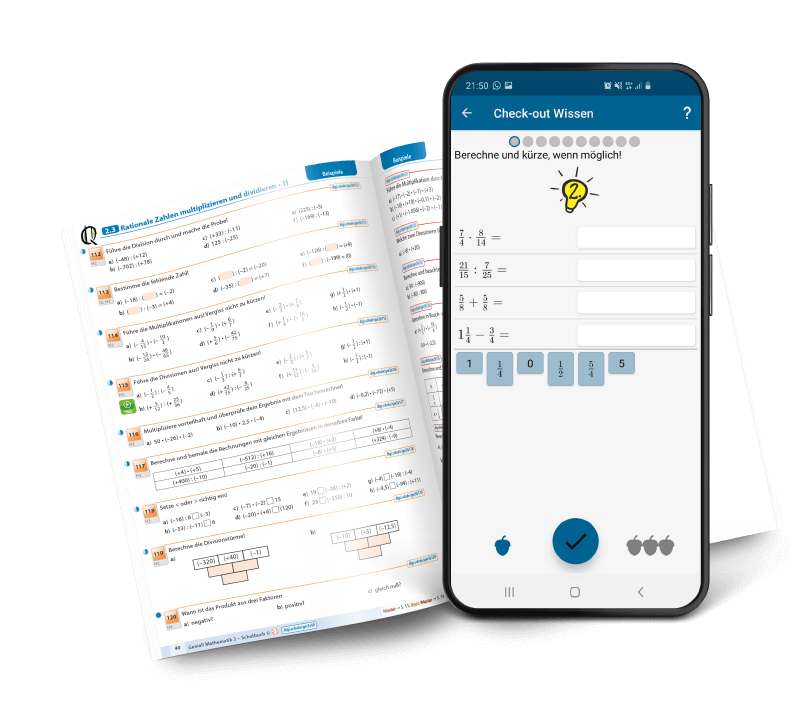
The squirrel sticker sticks well
Speaking of publishers – most Austrian textbook publishers are already business partners. Their books that are accompanied by an eSquirrel course have a squirrel icon on them. The acquisition is worthwhile for the company, because the books on which eSquirrel is then imprinted remain in everyday school life in the long term. Some publishers who do not have the capacity to write new content for eSquirrel simply do it themselves: “We have a pool of 90 certified authors, most of whom are teachers or have already written school books. Those who have the appropriate qualifications and the time get the job of writing a new course. The freelance writers are paid on the basis of royalties.
But back to the busy learners – how are they getting on with the app? “Very well!” says Michael, pointing to the high ranking in the app stores. He attributes this to the fact that he and his co-founder Simon Strassl focused intensively on the needs of the learners, especially in the first phase of the start-up in 2015. One important element, for example, was that the courses are available offline once they have been downloaded. “With our technical background at TU Wien, our absolute focus was user:ing friendliness.” If you look at the numbers, they seem to have succeeded: eSquirrel is now used by between 10,000 and 15,000 teachers and around 70,000 students at 2,000 schools.
The many colourful squirrels
In this country, you mostly see the red rodents, but there are also more and more brown ones jumping over branches. They also come in black and grey, and even spotted varieties have been spotted. The users of eSquirrel are just as diverse: from schools, classes and individuals to companies. Accordingly, there are various ways to use the learning platform. In the education sector, for example, the exercise materials are applied for either through the school book campaign or as school or class licences. Costs are only incurred for the use of the editorially checked content. The use of the platform with self-written eSquirrel exercises is completely free of charge. In order to use all the tested content, a school licence can be purchased for 15 euros per app user and school year for 30 pupils or more and can also be paid for directly through the school book campaign. There are no costs for teachers. Individuals can also buy exercise materials on eSquirrel. The prices range from 2.50 to 40 euros, depending on the topic and scope. At the upper end of the price range is, for example, a course on preparing for the Matura or on internal medicine. However, learning material is available from primary school all the way to university.
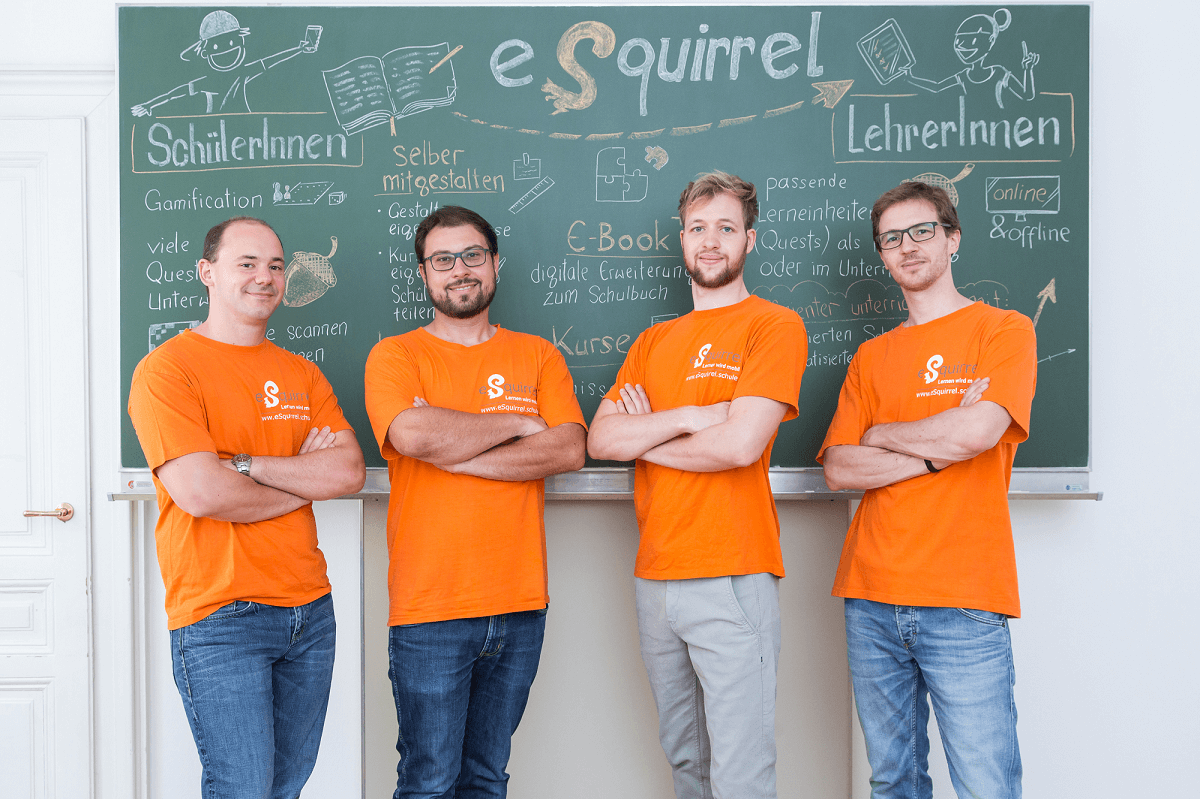
The nuts are bigger on other trees
Despite the success in the domestic education sector, Michael spies an even bigger nut tree in the corporate sector. There, above all, there is the possibility of scaling – the chance for growth. Acquisition runs more smoothly with this target group because it is easier to show how much companies can save (how many nuts they can hoard) in the area of further education and onboarding by using the web platform and the app. That’s why there is a separate white-label solution for corporate customers that is tailored to the customer’s brand, i.e. a branded version in the style of the respective corporate identity. At a bakery, for example, new employees collect croissants instead of nuts. The payment model is similar to that of schools – the costs are calculated annually based on the number of users.
How much weight this enormous business area has for the eSquirrels is shown by the website created especially for it. “This is more or less our B-horn,” says Michael. Particularly with regard to internationalisation, which they started six months ago in the Scandinavian region, among others, he sees the path to success via corporate clients. “If only because, just like here, the education sector is highly regulated abroad. You only have to look at Germany, where every federal state has its own regulations and framework conditions in schools,” says Michael.
So we can at least continue to hope that our German neighbours will soon learn how to pronounce “Oachkatzerlschwoaf” correctly.
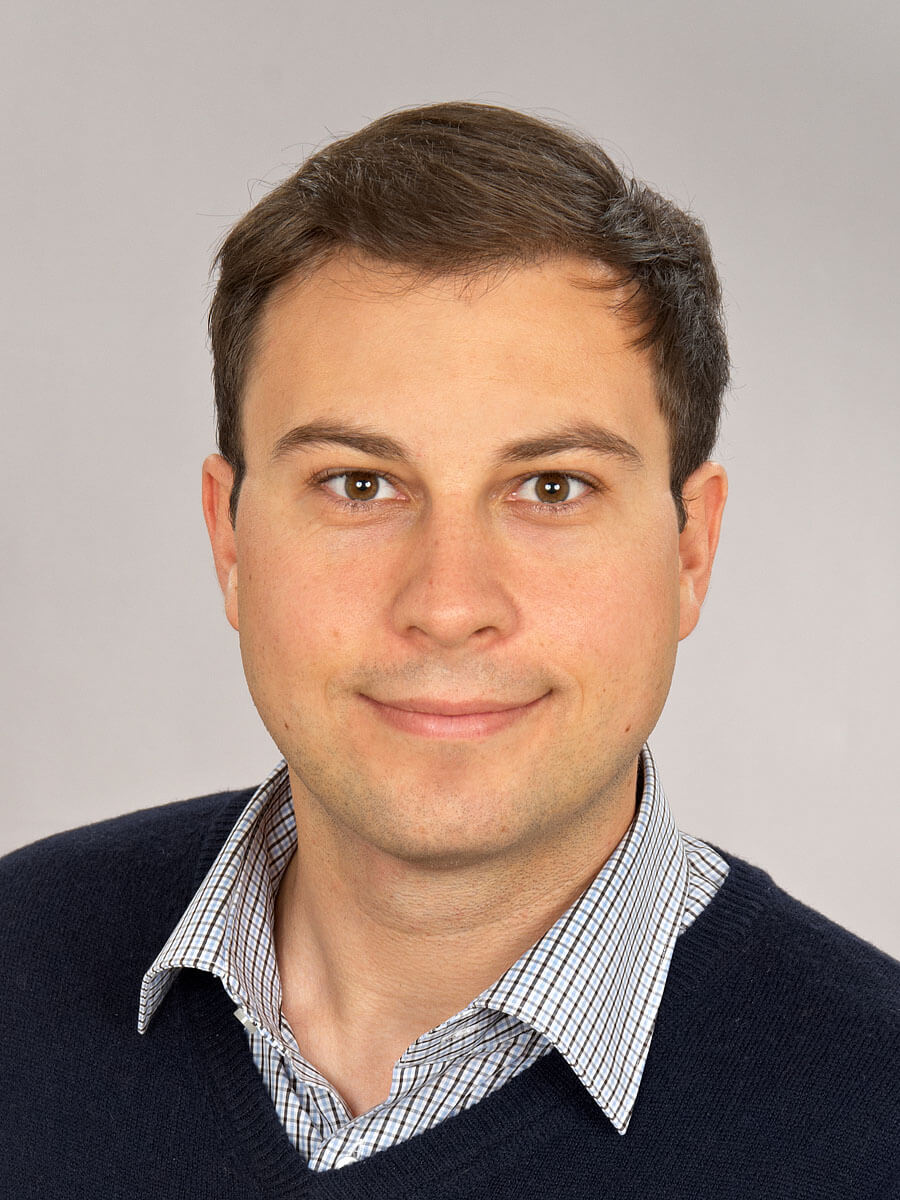
We asked Michael Maurer:
How did the Covid pandemic affect you?
We were lucky, it actually hit us on the right foot. Because our learning platform and app were already known in the schools beforehand, we were able to do a good potential analysis. After the first three days after the school closures last year, we had as many new users as in the entire autumn before. So in three days as many as in three months. That’s quite a number. So Covid has given us a huge boost and played into our hands. Although it didn’t have a huge financial impact because we provided a lot for free, it was definitely a hugely taxing time for us for reuse and awareness, but also a successful time for us.
You participate in international accelerator programmes – why is that so important to you?
Exactly, we just participated virtually in a hyper-accelerator in New York a few weeks ago. That was pretty exhausting with the different time zones and our normal working day on the side. But something like that is important for us right now because we are in the phase of internationalisation. In these programmes, you are not only coached, but you actually make a lot of new contacts. For us, the one in New York was also exciting to see if we could find US publishers and companies. That worked out and we’ll be working down the list over the next few weeks. In the US, this “introduction” works quite well, that you are introduced to new people when you ask for it. From September to August 2022, we’ll take part in an accelerator in Silicon Valley, and we’ll be on site for three months. And we have just received the information that we have been selected for GO SEOUL and will travel to South Korea this autumn.
That means you see your future abroad?
Yes, definitely. Growing out of Austria is our biggest goal at the moment. In this microcosm we have tried out whether our product works. Now it’s time to “think big”. We already have contacts with publishers in Norway, Finland, Spain, France and the USA and are about to sign our first contracts. An exciting time for us!
More articles
The following articles might also interest you.
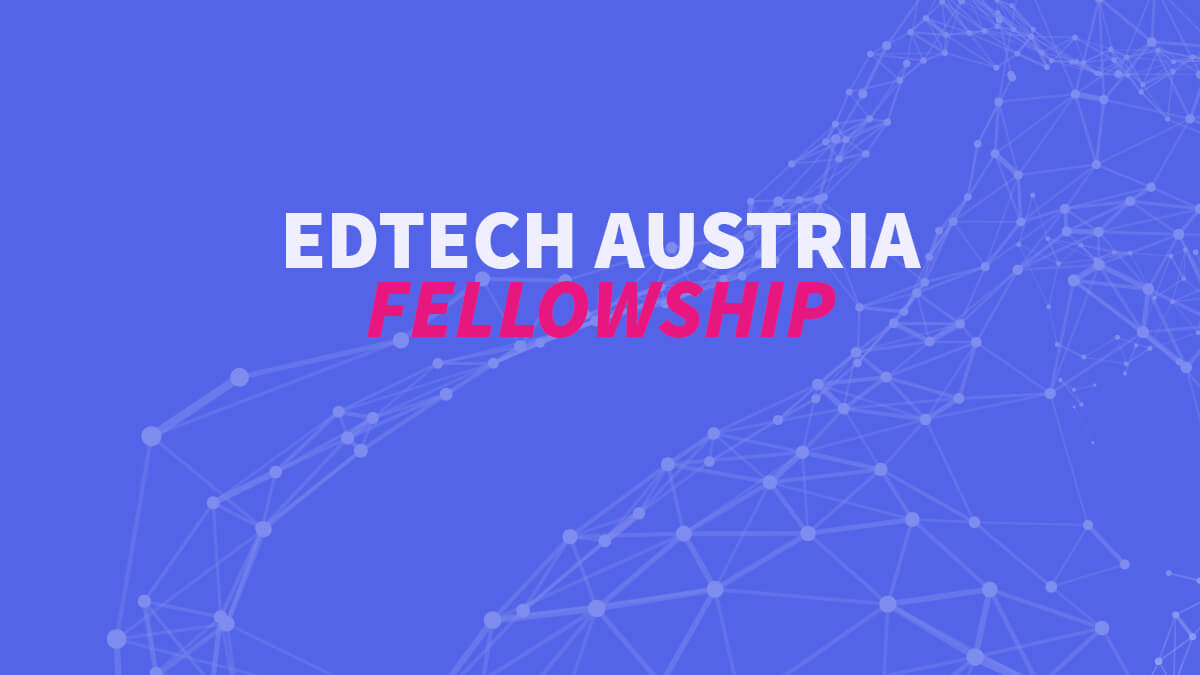
EdTech Austria Fellowship
24. October 2024
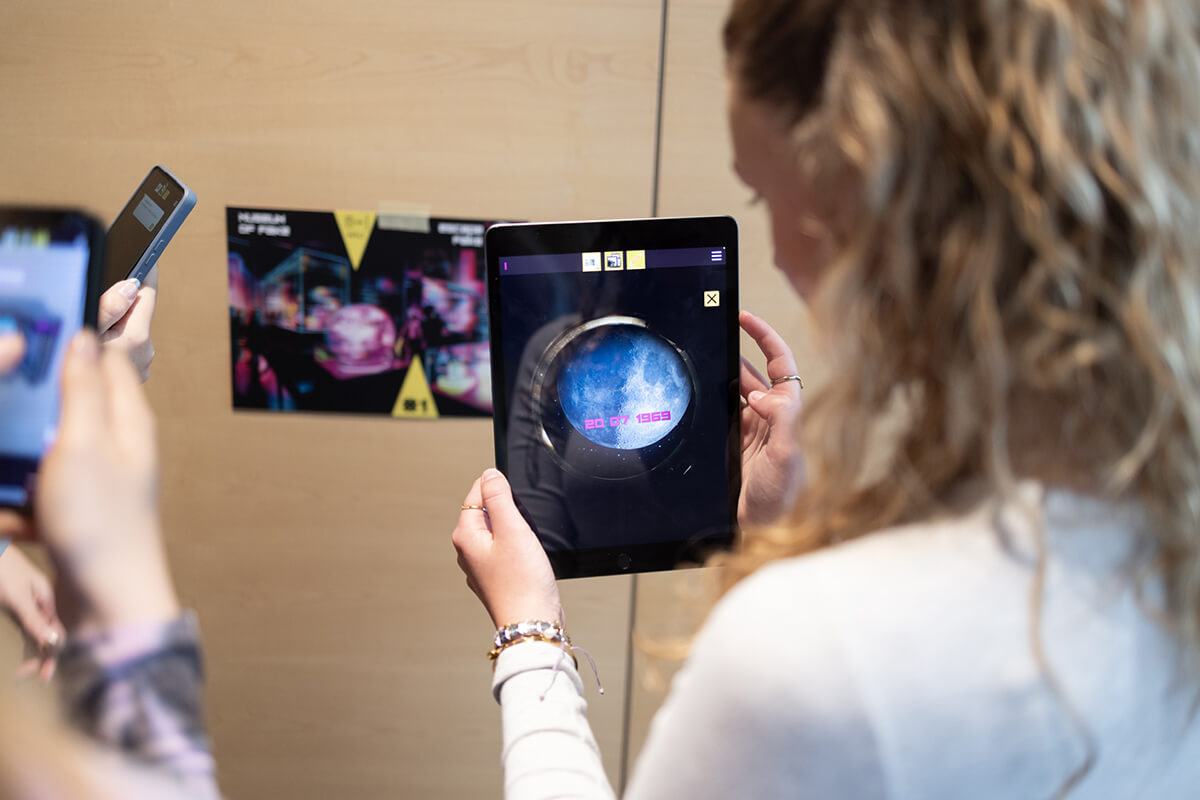
AR, VR and XR: Shaping Learning through Virtual Worlds
30. June 2025
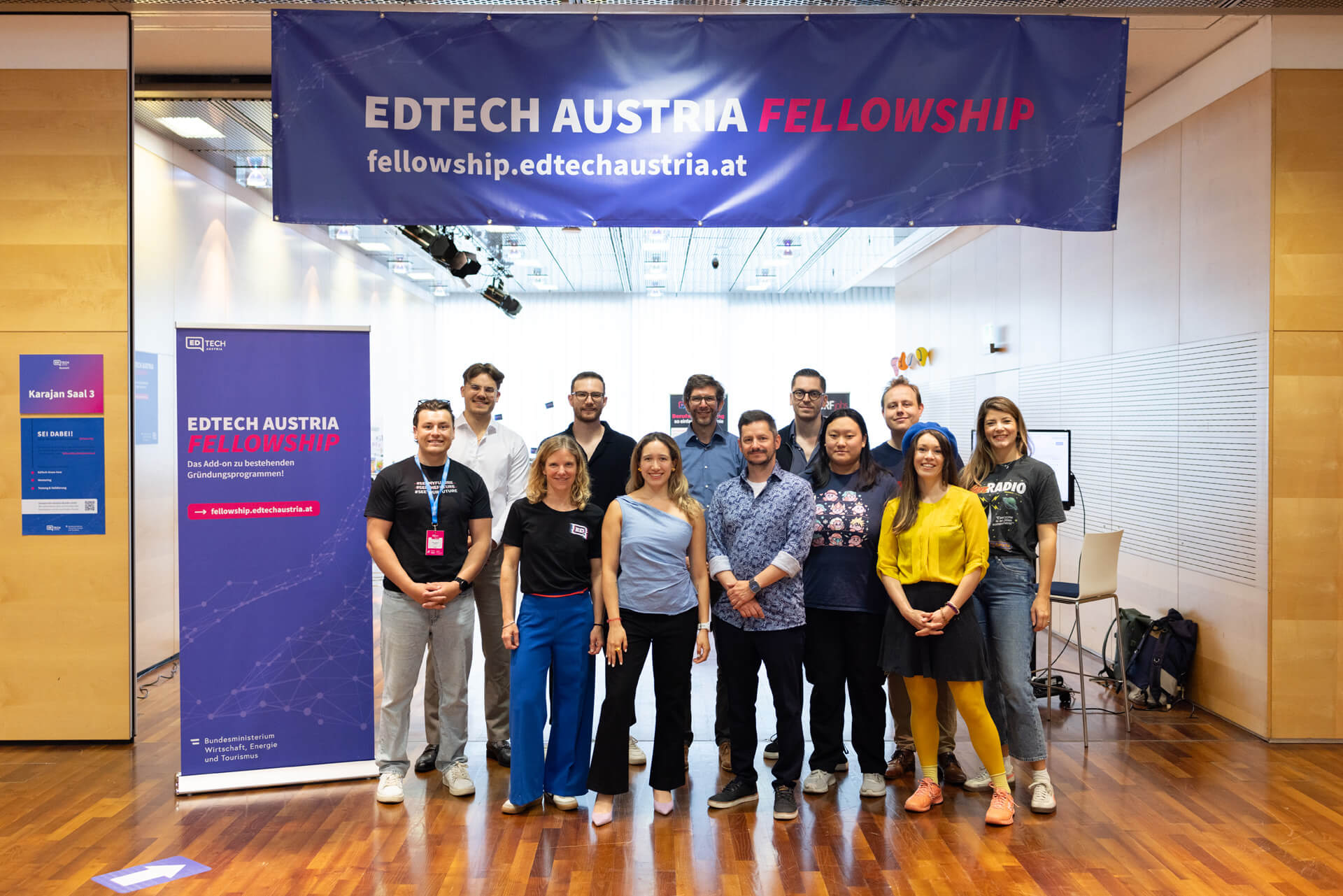
EdTech for all, all for EdTech – shaping the world of education together
18. June 2025
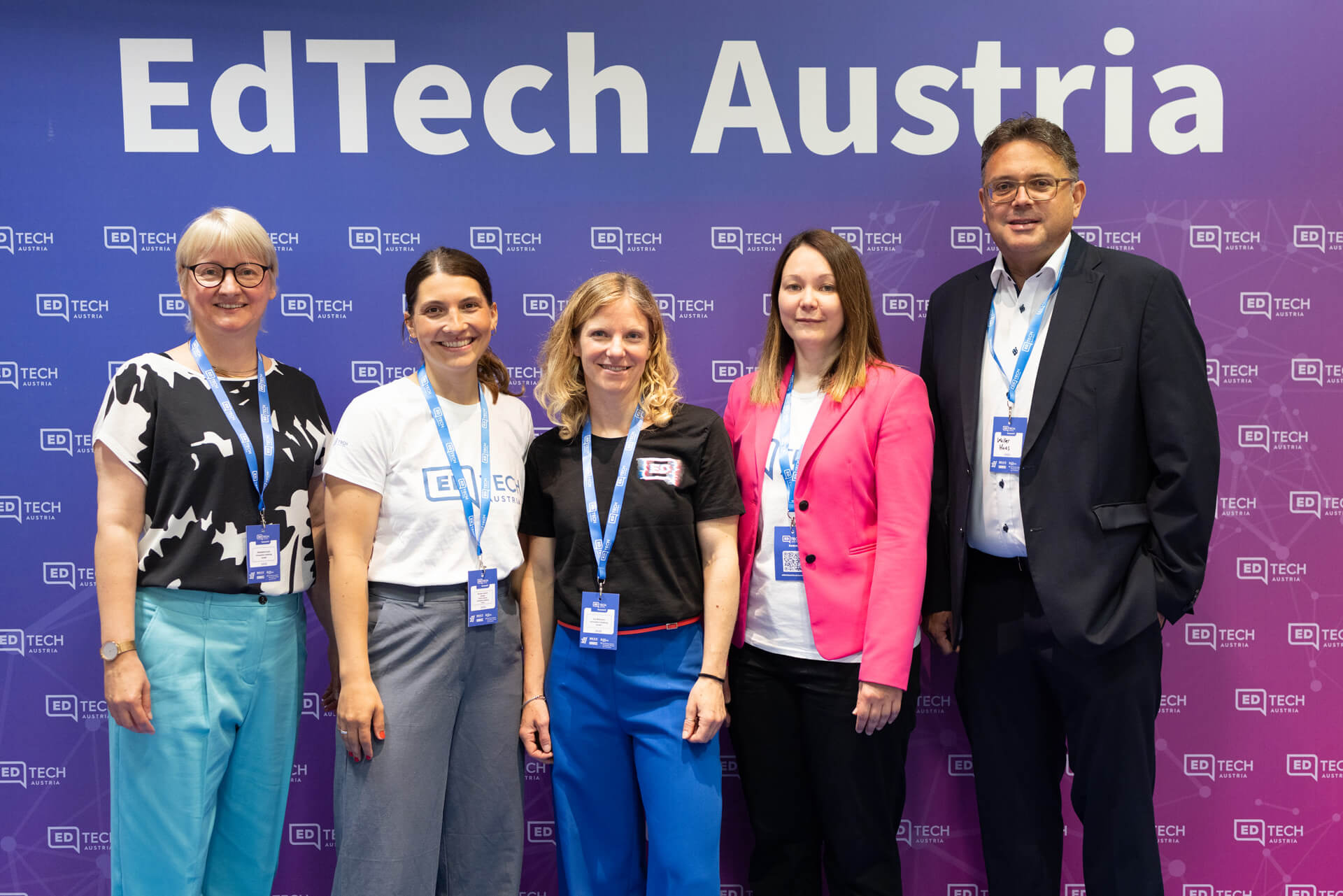
Real-World Practice Meets Innovation: The Fourth EdTech Austria Summit
3. June 2025
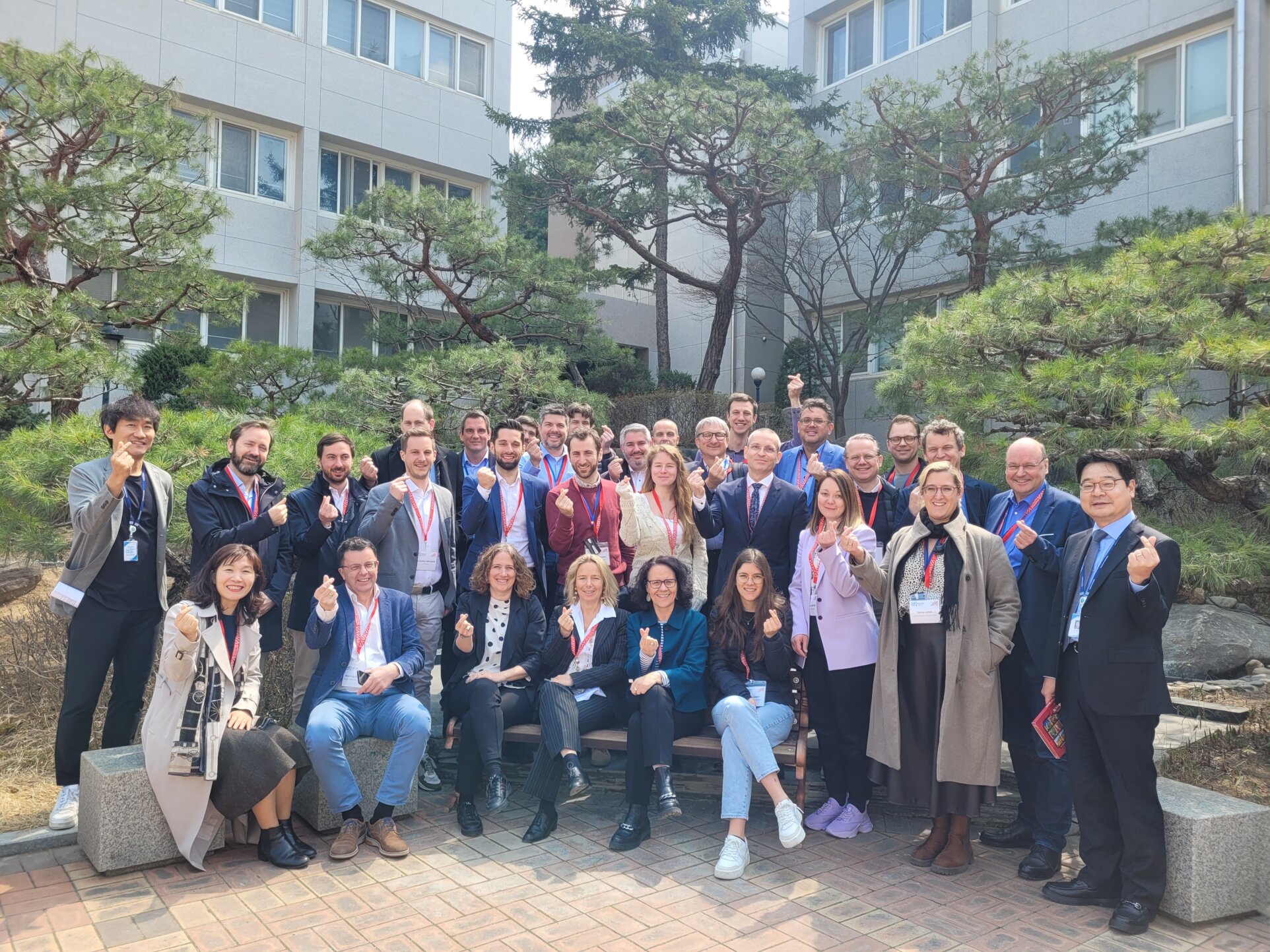
South Korea: How technology, culture and the courage to innovate are shaping education
30. April 2025

Lifelong Learning in Transition: Opportunities and Challenges of AI
17. January 2025
